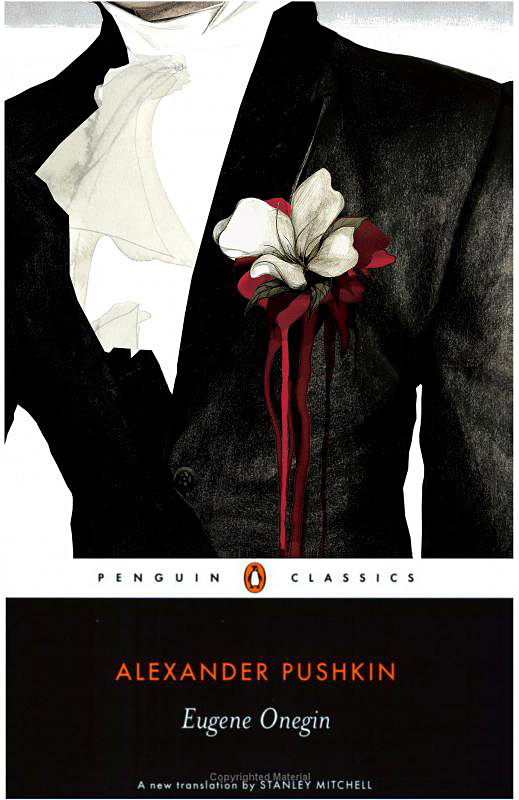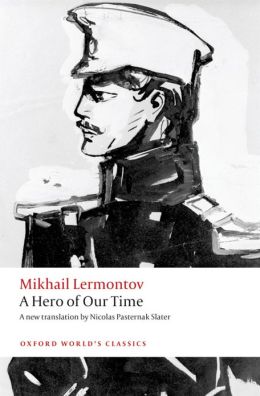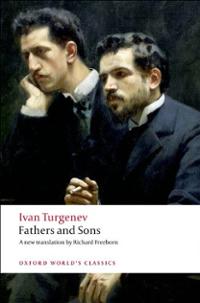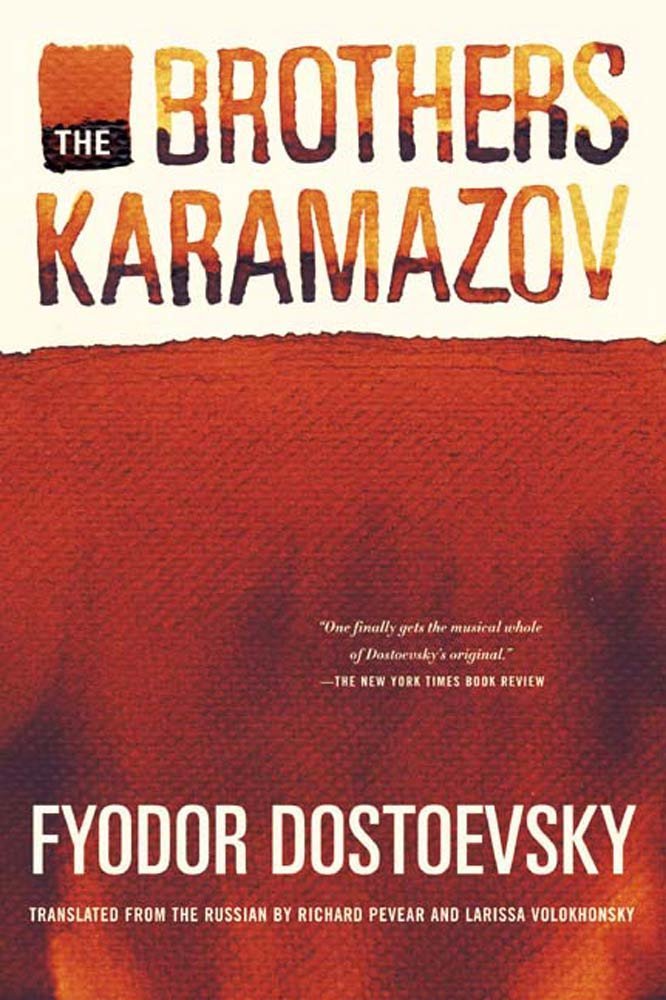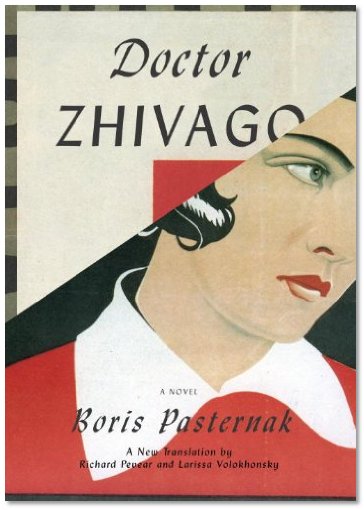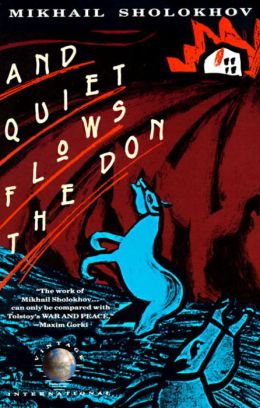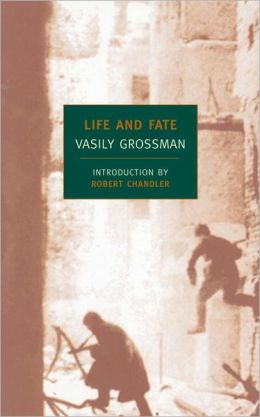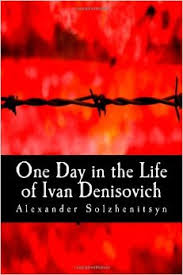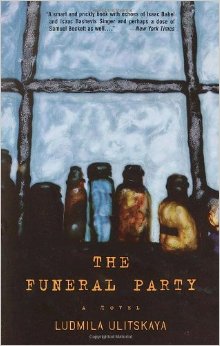Fiction-writing in Russia has always been serious business. In a society without freedom, the great writers were the truth-tellers, the voice of the voiceless, and the conscience of a nation—“a second government,” as Alexander Solzhenitsyn once put it. Each of the ten works of fiction below is an acknowledged classic of Russian literature. With the possible exception of Ulitskaya’s The Funeral Party, published only recently, all of these books have stood the test of time. What they also have in common is a great story, artistic prowess and originality, and the capacity to engage readers in deep, personal reflection about life’s most important questions. These books will make you think and feel and grow as a human being. “Read the best books first,” Henry David Thoreau once admonished, “or you may not have a chance to read them at all.” So here they are, some of the best Russian books I suggest you read first.
10 Russian Novels to Read Before You Die
In this lesser known masterpiece of Russian fiction, Alexander Pushkin combines an engrossing love story, an encyclopedia of early nineteenth-century Russian life, and one of the wittiest social satires ever penned. And he does so entirely in verse! At once playful and serious, ironic and passionate, this is the starting point for most college survey classes on modern Russian literature, because Pushkin creates the template for nearly all of the themes, character types, and literary techniques that future Russian writers would build upon. It’s no accident that Pushkin is often dubbed the father of modern Russian literature, and Eugene Onegin considered his most representative work.
In this lesser known masterpiece of Russian fiction, Alexander Pushkin combines an engrossing love story, an encyclopedia of early nineteenth-century Russian life, and one of the wittiest social satires ever penned. And he does so entirely in verse! At once playful and serious, ironic and passionate, this is the starting point for most college survey classes on modern Russian literature, because Pushkin creates the template for nearly all of the themes, character types, and literary techniques that future Russian writers would build upon. It’s no accident that Pushkin is often dubbed the father of modern Russian literature, and Eugene Onegin considered his most representative work.
MENTIONED IN:
Often referred to as Russia’s “first psychological novel,” A Hero of Our Time tells the tale of Pechorin, a young, charismatic, womanizing rebel without a cause, who has fascinated and disturbed readers for over a century and half. The novel consists of five interlinked stories that delve into Pechorin’s complex soul from multiple perspectives. The result is an unforgettable portrait of Russian literature’s first anti-hero, who leaves destruction in his wake, even as he charms and fascinates characters and readers alike.
Often referred to as Russia’s “first psychological novel,” A Hero of Our Time tells the tale of Pechorin, a young, charismatic, womanizing rebel without a cause, who has fascinated and disturbed readers for over a century and half. The novel consists of five interlinked stories that delve into Pechorin’s complex soul from multiple perspectives. The result is an unforgettable portrait of Russian literature’s first anti-hero, who leaves destruction in his wake, even as he charms and fascinates characters and readers alike.
MENTIONED IN:
This deeply felt and poetic novel subtly captures the social and familial conflicts that were emerging in the early 1860’s, a time of great social upheaval in Russia. The book set off a journalistic firestorm with its powerful portrayal of Bazarov, a steely-eyed and passionate young nihilist who is as recognizable today as he was in Turgenev’s time.
This deeply felt and poetic novel subtly captures the social and familial conflicts that were emerging in the early 1860’s, a time of great social upheaval in Russia. The book set off a journalistic firestorm with its powerful portrayal of Bazarov, a steely-eyed and passionate young nihilist who is as recognizable today as he was in Turgenev’s time.
MENTIONED IN:
In this emotionally and philosophically intense story of patricide and family rivalry, Dostoevsky explores as deeply as any Russian writer has the themes of faith, evil, and meaning. The novel describes the different world views of the three Karamazov brothers—the monastic Alyosha, the sensual Dmitry, and the intellectual Ivan—as well as their lecherous father, whose mysterious murder and its investigation become the focal point of the riveting, final third of the novel.
In this emotionally and philosophically intense story of patricide and family rivalry, Dostoevsky explores as deeply as any Russian writer has the themes of faith, evil, and meaning. The novel describes the different world views of the three Karamazov brothers—the monastic Alyosha, the sensual Dmitry, and the intellectual Ivan—as well as their lecherous father, whose mysterious murder and its investigation become the focal point of the riveting, final third of the novel.
MENTIONED IN:
Inspired by War and Peace, this historical novel tells the tale of poet-physician Yuri Zhivago, who struggles to find his place, his profession, and his artistic voice amid the turmoil of the Russian Revolution. A masterpiece of evocative prose as beautiful as the Russian countryside it depicts, Doctor Zhivago takes readers on a journey of love, pain, and redemption through some of the harshest years of the twentieth century.
Inspired by War and Peace, this historical novel tells the tale of poet-physician Yuri Zhivago, who struggles to find his place, his profession, and his artistic voice amid the turmoil of the Russian Revolution. A masterpiece of evocative prose as beautiful as the Russian countryside it depicts, Doctor Zhivago takes readers on a journey of love, pain, and redemption through some of the harshest years of the twentieth century.
Often compared to War and Peace, this epic historical novel traces the fate of a typical Cossack family over a tumultuous ten-year period, from just before the beginning of World War I to the bloody civil war following the Russian Revolution of 1917. Early twentieth-century Russian history comes alive in Sholokhov’s well-developed characters who must contend not only with a society under siege, but ill-fated romances, family feuds, and a secret past that haunts the present.
Often compared to War and Peace, this epic historical novel traces the fate of a typical Cossack family over a tumultuous ten-year period, from just before the beginning of World War I to the bloody civil war following the Russian Revolution of 1917. Early twentieth-century Russian history comes alive in Sholokhov’s well-developed characters who must contend not only with a society under siege, but ill-fated romances, family feuds, and a secret past that haunts the present.
MENTIONED IN:
This sprawling epic does for mid twentieth century Soviet society what War and Peace did for nineteenth-century Russia: It interweaves the tale of an epochal event, the horrific siege of Stalingrad during World War II, with the private stories of characters from all layers of society whose lives are violently uprooted by the forces of war, terror, and Soviet totalitarianism.
This sprawling epic does for mid twentieth century Soviet society what War and Peace did for nineteenth-century Russia: It interweaves the tale of an epochal event, the horrific siege of Stalingrad during World War II, with the private stories of characters from all layers of society whose lives are violently uprooted by the forces of war, terror, and Soviet totalitarianism.
MENTIONED IN:
This short, harrowing, yet strangely hopeful masterpiece tells the story of a single day in the life of an ordinary Soviet labor camp inmate, of which there were tens of millions in the Soviet Union. Based on Solzhenitsyn’s personal experience as one of those prisoners, this book is authentic, full of rich detail, and devoid of sentimentality, which intensify its powerful emotional impact.
This short, harrowing, yet strangely hopeful masterpiece tells the story of a single day in the life of an ordinary Soviet labor camp inmate, of which there were tens of millions in the Soviet Union. Based on Solzhenitsyn’s personal experience as one of those prisoners, this book is authentic, full of rich detail, and devoid of sentimentality, which intensify its powerful emotional impact.
MENTIONED IN:
This English-language debut of one of contemporary Russia’s most important novelists describes the bizarre and touching interactions among a colorful cast of Russian émigrés living in New York who attend the deathbed of Alik, a failed, but well-liked painter. At once quirky and trenchant, The Funeral Party explores two of the biggest “accursed questions” of Russian literature—How to live? How to die?—as they play out in a tiny, muggy Manhattan apartment in the early 1990’s.
This English-language debut of one of contemporary Russia’s most important novelists describes the bizarre and touching interactions among a colorful cast of Russian émigrés living in New York who attend the deathbed of Alik, a failed, but well-liked painter. At once quirky and trenchant, The Funeral Party explores two of the biggest “accursed questions” of Russian literature—How to live? How to die?—as they play out in a tiny, muggy Manhattan apartment in the early 1990’s.
MENTIONED IN:
